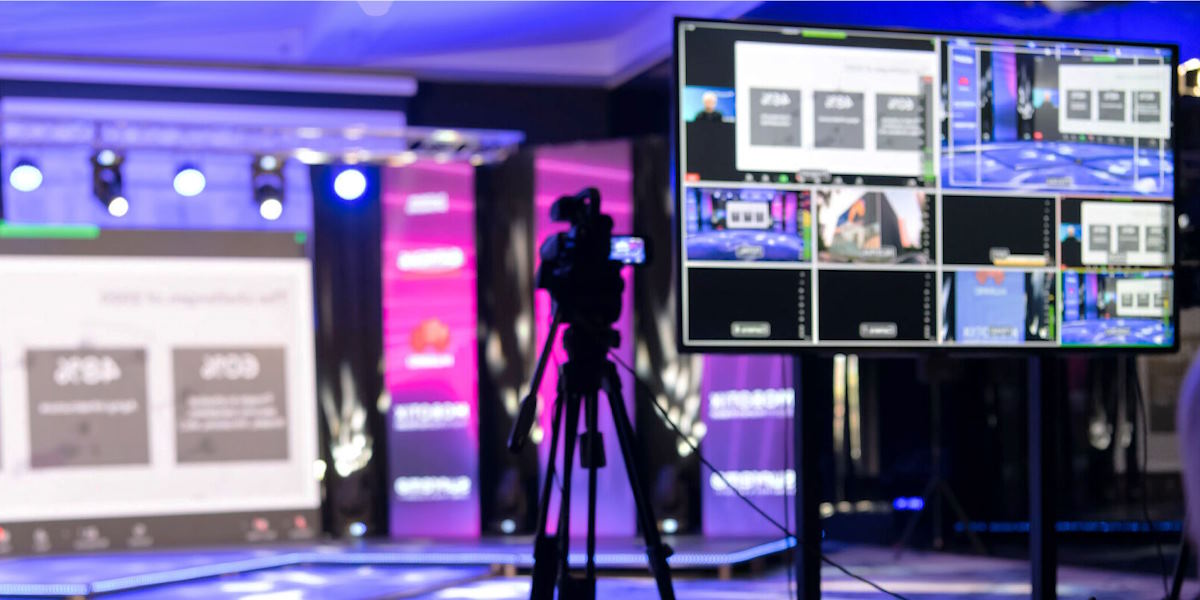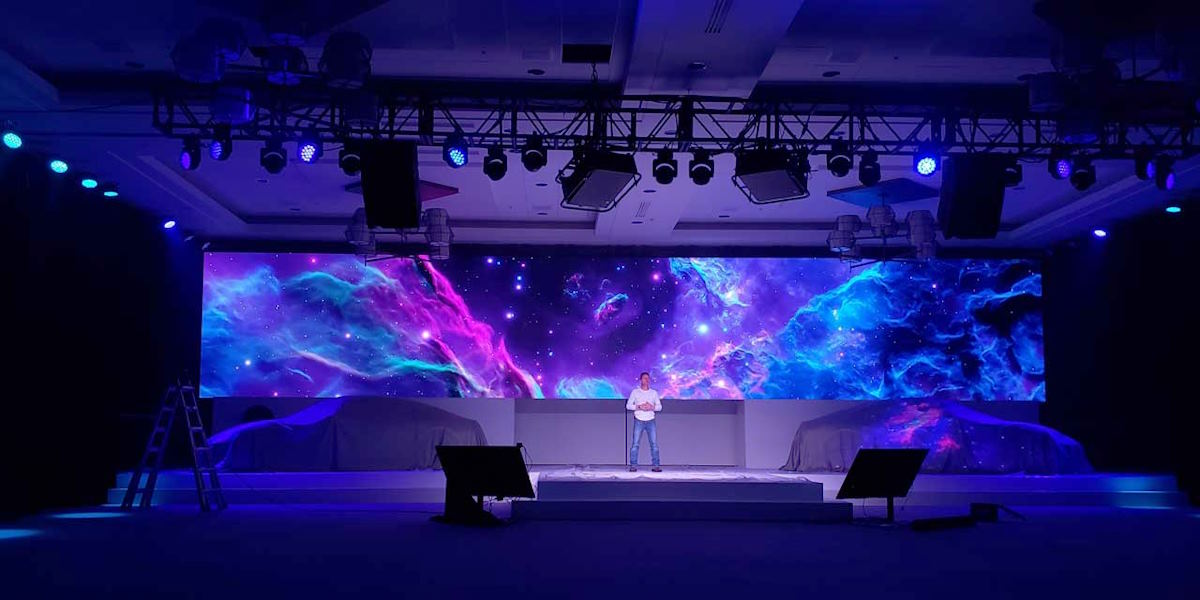Have you ever attended an event that felt like it was stuck in the past, with no signs of modern flair? It’s a bit like walking into a time capsule where everything feels outdated and dull. In today’s fast-paced world, incorporating technology into your events can turn a mundane gathering into an engaging experience that attendees will remember long after the last goodbye. Whether it’s a conference, wedding, or company retreat, technology can help create a vibrant atmosphere, foster connections, and make planning a breeze.
Assessing Your Event Needs
Understand Your Audience
Before diving headfirst into the tech pool, it’s crucial to understand who will be attending your event. Think of your audience as the ingredients for your dish; the right mix can create a flavorful experience. Are they tech-savvy millennials, or do they prefer a more traditional approach? You can gather insights through surveys or feedback from previous events. Knowing your audience will help you choose the right technology that resonates with them.
Define Event Goals
What do you want to achieve with your event? Identifying your objectives is like mapping out a treasure hunt; it guides you toward the ultimate goal. Are you looking to enhance networking opportunities, provide valuable information, or simply entertain? By aligning your technology choices with these goals, you can ensure that your event delivers a meaningful experience for everyone involved.

Choosing the Right Technology
Event Management Software
Imagine planning an event without a clear plan; it would be like trying to build a house without blueprints. Event management software is your blueprint, providing essential tools for registration, ticketing, and attendee tracking. Popular options like Eventbrite and Cvent offer features that streamline the planning process and keep everything organized. By using such tools, you can focus on the creative aspects of your event instead of getting bogged down by logistics.
Virtual and Hybrid Solutions
In a world where virtual connections have become the norm, offering hybrid options can expand your event’s reach. Think of hybrid events as a bridge connecting the in-person and online worlds. Tools like Zoom and YouTube Live can help you stream your event to those who can’t attend in person, while platforms like Hopin and Remo provide interactive experiences for virtual attendees. This not only increases participation but also makes your event accessible to a wider audience.
Audience Engagement Tools
Engagement is the heartbeat of any event. Without it, everything falls flat, much like a balloon losing air. Interactive tools like Slido and Mentimeter allow attendees to participate through live polling, Q&A sessions, and feedback submissions. By incorporating these tools, you encourage active participation and create a dynamic atmosphere where everyone feels involved.
Enhancing the Attendee Experience
Interactive Displays and Signage
First impressions matter, and your event’s signage is often the first thing attendees see. Imagine walking into a space that feels alive and welcoming, with vibrant digital displays offering real-time information. Digital kiosks and interactive screens can guide attendees, share schedules, and highlight important announcements. This technology not only enhances navigation but also adds a modern touch that impresses guests from the moment they arrive.

Gamification Elements
Who said events have to be serious all the time? Injecting some fun through gamification can transform your gathering into an exhilarating experience. Think of it as adding sprinkles to a cupcake—it makes everything more appealing! You can incorporate contests, scavenger hunts, or quizzes, rewarding participants for their engagement. Not only does this create excitement, but it also encourages networking and interaction among attendees.
Social Media Integration
In today’s world, social media is an essential part of any event. Creating an event-specific hashtag allows attendees to share their experiences in real-time. Picture a vibrant tapestry of posts, photos, and updates showcasing the highlights of your event. Additionally, live social media walls can display attendee interactions, further encouraging engagement and creating a sense of community. By fostering this online interaction, you enhance the event experience both on-site and virtually.
Streamlining Event Operations
RFID and NFC Technology
Imagine checking into an event and breezing through the entrance without waiting in long lines—sounds great, right? RFID (Radio-Frequency Identification) and NFC (Near Field Communication) technology can make this a reality. By providing attendees with smart badges, you can simplify check-in, access control, and even transactions for food or merchandise. This technology not only enhances convenience but also adds a modern touch to your event logistics.
Data Collection and Analysis
Every event generates a wealth of data, but are you using it to your advantage? Collecting feedback through post-event surveys can help you understand what worked and what didn’t. Think of it as harvesting fruit; the more you gather, the sweeter the rewards for your next event. Analyzing this data allows you to make informed decisions, improving future gatherings and ensuring that attendees’ voices are heard.
Testing Technology Before the Event
Just as you wouldn’t serve a dish without tasting it first, you shouldn’t launch into an event without testing your technology. Conducting dry runs with all your tech setups helps identify potential issues before they become problems on the big day. This preparation can save you from unexpected hiccups and give you peace of mind, allowing you to focus on delivering an amazing experience.

